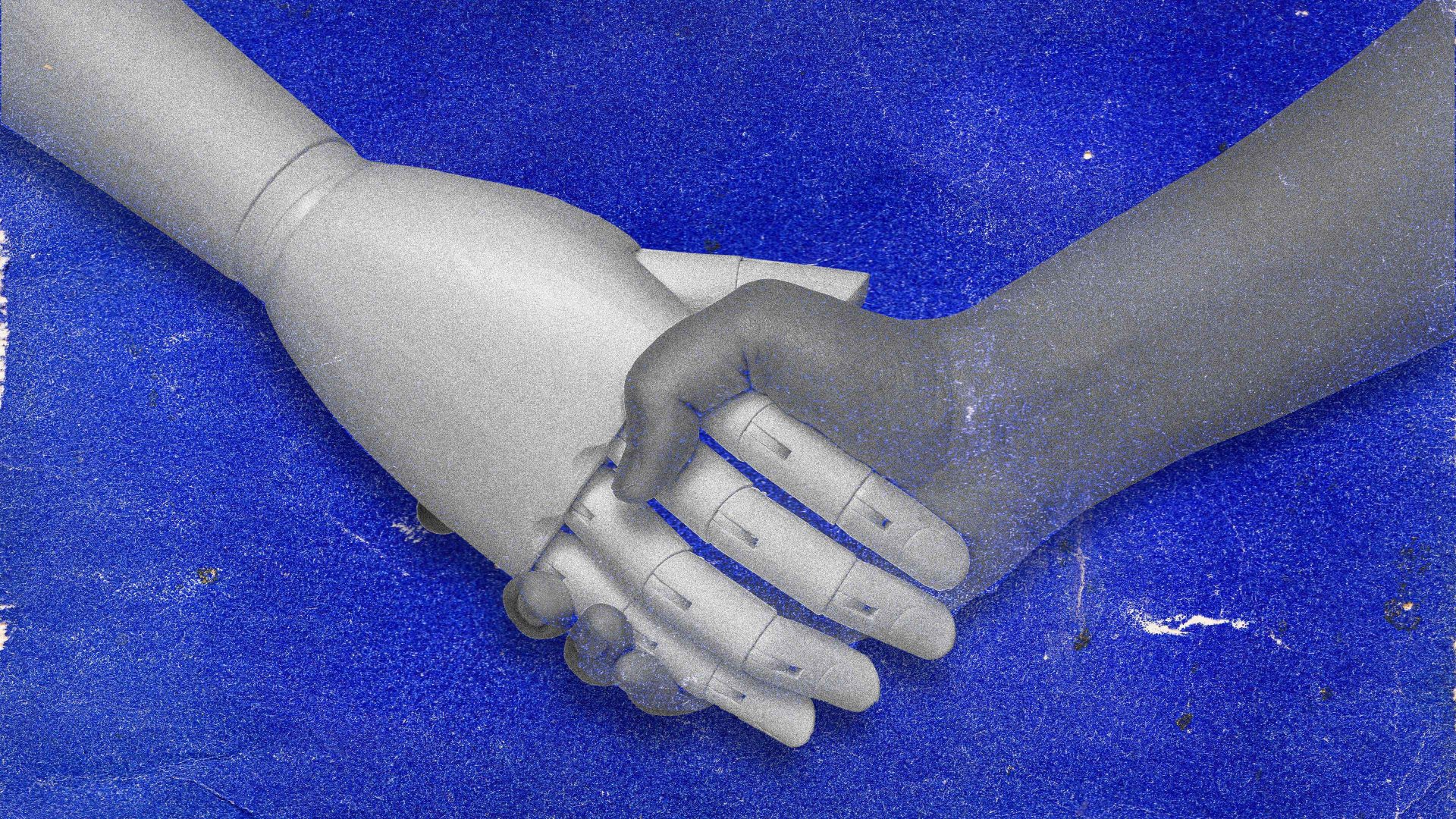Philosophy has a long history of thought experiments designed to test our intuitions about contact with the real world. Indeed, philosophy could be characterised as the attempt to get beyond appearances to find out how things truly are.
An early example of this is Plato’s Cave, which he described in his Republic. Prisoners chained facing flickering images on the wall in front of them have no idea that these are being produced by people carrying shapes in front of a fire, casting shadows – a kind of proto-cinema. Reality for Plato turns out to be the abstract world of the Forms, a world of perfect versions of everything we experience in what we wrongly believe to be the real world.
In the 17th century, René Descartes wondered whether he could tell if he was dreaming. He’d experienced false awakenings, when he’d seemed to have woken up, but was in fact still asleep. How could he be certain that he wasn’t still dreaming now?
That worried him. More worrying still was the possibility that a very powerful evil demon was systematically deceiving him about everything he seemed to perceive.
The main point of Descartes’ Meditations was to push scepticism about what we could know about reality as far as he possibly could, and then to show that there was something he couldn’t possibly doubt, namely his own existence. The act of doubting itself proved that he existed, at least as some possibly disembodied ego. If you doubt, there must be something doing the doubting.
Having proved his own existence, Descartes went on to reconstruct his version of reality, with the aid of a couple of dodgy arguments about the existence of a non-deceiving God who guarantees that whatever is perceived clearly and distinctly is true.
One of my favourite thought experiments about our contact with reality, however, was introduced in the 20th century by Robert Nozick (born on November 16, 1938). Nozick is best known for his 1974 libertarian polemic Anarchy, State, and Utopia, in which he defended the idea of a minimal state. It was there that he introduced his famous Experience Machine thought experiment.
He also used it in his 1989 book The Examined Life – by then, virtual reality machines were being widely discussed. It’s a more benign version of Descartes’ Evil Demon thought experiment that owes something to Plato’s Cave too (the Republic was the book that got Nozick interested in philosophy, at 16).
Imagine you’re in a flotation tank with electrodes on your skull and body. Scientists outside the tank can give you any experience whatsoever. You could, for example, feel that you were writing a great novel, playing the violin better than Itzhak Perlman, or having sex with whomever you want – you get to choose.
This state-of-the-art machine is set up to give you pleasurable experiences and the impression that you’re doing real things with real people. The illusion is so good that once you’re in there, you’ll believe it’s the real world you’re experiencing. All your biological needs will be met with a series of tubes. Should you plug in for life?
Suggested Reading


Dr Bot will see you now
Nozick’s intuition was, no you shouldn’t. Why not? If what you most value in life is happiness conceived as a succession of pleasant experiences, then surely you should.
Yet Nozick maintained that we want to be (and should want to be) in touch with reality as it is, not with a human construction of it. It matters how experiences are produced, not just that we have them. There is, he believed, something valuable and profound about real connections and there is more to a well-lived life than a succession of intensely satisfying experiences generated by a machine. That seems right to me.
This is pertinent today when many people are becoming hooked on their relationships with ChatGPT, Claude and other LLMs. They’ve created virtual friends who massage their egos and advise and console them, and which (users might say “who”) never get bored of hearing about their problems.
Relationships with these algorithmic interlocutors are becoming normalised. Some users seem unable to recognise that they’re not people. Will LLM friends telling us what we want to hear replace best friends in the way Google Maps has rendered paper maps all but redundant? Will people with real friends one day seem retro?
Let’s hope not. Nozick was wrong about many things, but he was insightful about the importance of connecting with the world as it is even when this disconcerts, challenges, or saddens us. If you want a meaningful life, don’t plug in to an Experience Machine.




